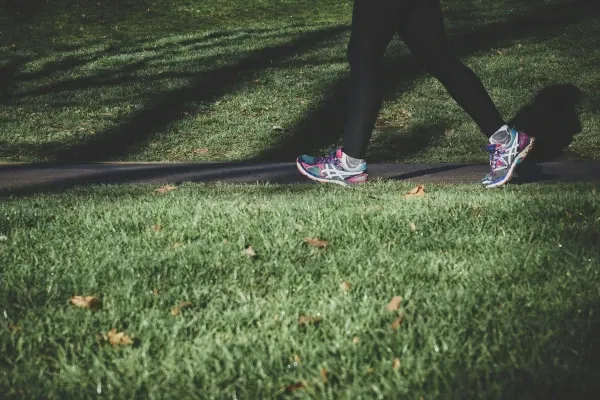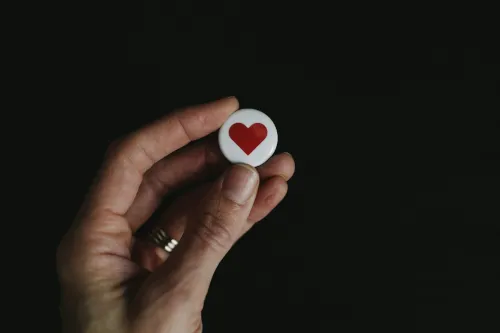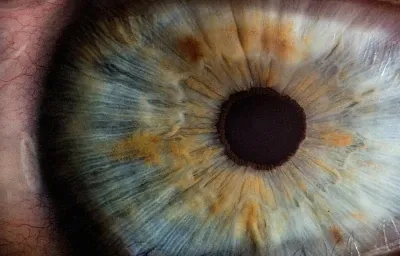Is weight loss really just an insulin management problem?

One of the best things about the internet is the meeting of ideas.
People discuss things, squabble, research, disagree, and we figure out just a little more about the truth. Recently I saw a great comment that gently suggested that insulin management is the real problem in weight loss.
You don't need to be hungry all the time. You can lose weight without hunger, and without feeling tired and cold either. You don't even need an exercise regimen.
Elevated insulin levels make you store energy in the form of body fat. In order to lose body fat you need the opposite: you need your fat tissue to release its store energy back into your bloodstream. For that to happen you need your insulin to go down low enough, and for long enough.
So what makes your insulin level to be too high? There are four key factors, three of which are under your control.
First, the fatter you are, the higher your insulin level will be. That's why it is so hard for fat people to lose weight in the first place. Nothing we can do about that, but the next three factors you can improve.
Second, the amount of carbohydrates in your diet. Starchy or sugary foods, such as bread, pasta, rice, potatoes and sugar, are very rich in carbohydrates. Carbohydrates raise your insulin levels, so you want to reduce them as much as possible. In order to prevent hunger you still need to eat, so choose foods that will not raise your insulin as much. This means eating above-ground vegetables, eggs, meat, fish and full-fat dairy like butter, heavy cream, and cheese. Choose fatty cuts of meat, instead of lean cuts.
Third, eat less frequently. Insulin levels go down a few hours after each meal. The fatter you are, the longer they take to come down. Every night as you fast during your sleep, your insulin goes down. By having early dinners and/or skipping breakfast, you extend the number of hours a day in which you are in a low-insulin state. When you consume a meal do eat until you are satisfied. Skipping meals isn't about reducing your calories, it's about reducing your insulin. When you eat a low-carbohydrate diet it becomes much easier to skip breakfast because you aren't nearly as hungry.
Fourth, if you can, introduce some exercise into your daily routine. You don't need to go crazy: you can replace some or all of your commute with walking or cycling and it will help. It is not about how many calories you burn exercising in a particular day. Instead, it's about how over a long period of time exercise makes your muscles more insulin sensitive. This means they become more efficient at eliminating excess glucose from your bloodstream, which in turn makes your body release less insulin, and thus reduce the amount of time you will have excess insulin.
Sources: Dr. Benjamin Bikman, Dr. Jason Fung, Gary Taubes, and many others.
Here's the source:
Here at GLP1.Guide we're focused on weight management and type 2 diabetes medications that are researched, well studied, and effective – the GLP1 Receptor Agonist class of treatments.
Check out our quick explainer
Framing the problem of weight loss as an insulin management problem makes a lot of sense, and we're glad to see (and parrot!) this interesting viewpoint.
There's no such thing as a single cure ("Just do X and you'll lose weight"), and there are no magic cures (even GLP1 RAs), but it's great to find a new way to think about things.
For the record, we do think exercise is good to mix in:






